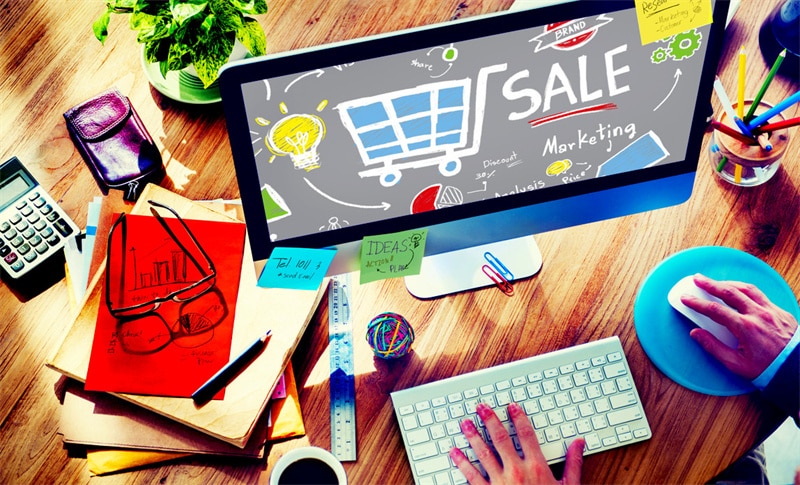
It has never been more important for businesses to stay ahead of the curve than it is today. With so many options for consumers and businesses alike, it is crucial to have a way to stand out from the competition. And if you are running a retail business, one way to do that is by using retail software solutions.
Retail software solutions can help businesses in many ways, from managing inventory and tracking sales to analyzing customer data and creating targeted marketing campaigns. In short, they can help businesses run more efficiently and effectively, giving them a leg up on the competition.
There are so many software solutions available on the market, it can be difficult for businesses to decide which one is right for them. In this blog post, we will discuss some of the most popular retail software solutions and explain what they can do for businesses. So whether you are only starting in the retail business or you have been running a store for years, read on for some valuable insights.
Retail Pricing Management

Another important aspect of retail businesses is pricing. In a competitive market, it is crucial to have the right prices for your products. But manually setting and updating prices can be a time-consuming and error-prone process. Retail pricing management software can help businesses automate this task and ensure that their prices are always up-to-date.
This software gives businesses the ability to set price rules for their products. For example, they can automatically increase prices by a certain percentage when the cost of goods goes up.
Or they can lower prices when competitors’ prices drop below a certain threshold. With retail pricing management software, businesses can be sure that their prices are always competitive, without having to put in extra hours of work. Just set up the rules and let the software do the rest.
Inventory Management
One of the most important aspects of any retail business is managing inventory. This can be a complex and time-consuming task, especially for businesses with large inventories. But with inventory management software, businesses can streamline this process and save a lot of time and money in the long run.
Inventory management software provides businesses with a central place to track all their inventory data. This includes information on products, suppliers, stock levels, and sales. With this software, businesses can quickly and easily see which products are selling well and which ones need to be reordered. This helps businesses keep their shelves stocked with the right products at all times, reducing the risk of lost sales due to out-of-stock items.
Sales Tracking
Tracking sales is another important task for retail businesses. This data can be used to improve several different areas of the business, from marketing to product development. With sales tracking software, businesses can see detailed information on their sales, including which products are selling well, which ones need to be discounted, and which ones are not selling at all.
This information can be used to make better decisions about inventory, pricing, and marketing. For example, if you see that a certain product is not selling well, you might decide to discontinue it or heavily discount it to clear out stock.
Or if you see that a certain type of customer is buying a lot of a certain product, you might target them with marketing campaigns for similar products. Sales tracking data can be extremely valuable for any type of retail business.
Customer Data Analysis
In today’s data-driven world, businesses need to be able to effectively analyze customer data to make better decisions. Customer data analysis software can help businesses do just that. This software provides businesses with detailed information on their customers, including their buying habits, preferences, and demographics.
This information can be used to improve a number of different areas of the business. For example, if you see that most of your customers are female, you might want to target your marketing campaigns specifically for women.
Or if you see that your customers are mostly young adults, you might want to focus on products that appeal to this demographic. Customer data analysis can help businesses fine-tune their operations and make sure they are catering to their target market.
Customer Relationship Management

Customer relationship management (CRM) software is another solution that can be beneficial for retail businesses. CRM software helps businesses manage customer data, including contact information, purchase history, and preferences. With CRM software, businesses can better understand their customers and provide them with tailored service.
This software can also help businesses automate and streamline their sales processes. For example, businesses can use CRM software to send automated follow-up emails to customers after a purchase. Or they can use it to track sales leads and opportunities. CRM software can help businesses improve their customer relationships and boost sales.
Retail businesses require a lot of different software solutions to run effectively. These are just some of the most important ones. With the right retail software in place, businesses can streamline their operations, better understand their customers, and make more informed decisions. Investing in retail software is an essential part of running a successful business in today’s competitive market.










